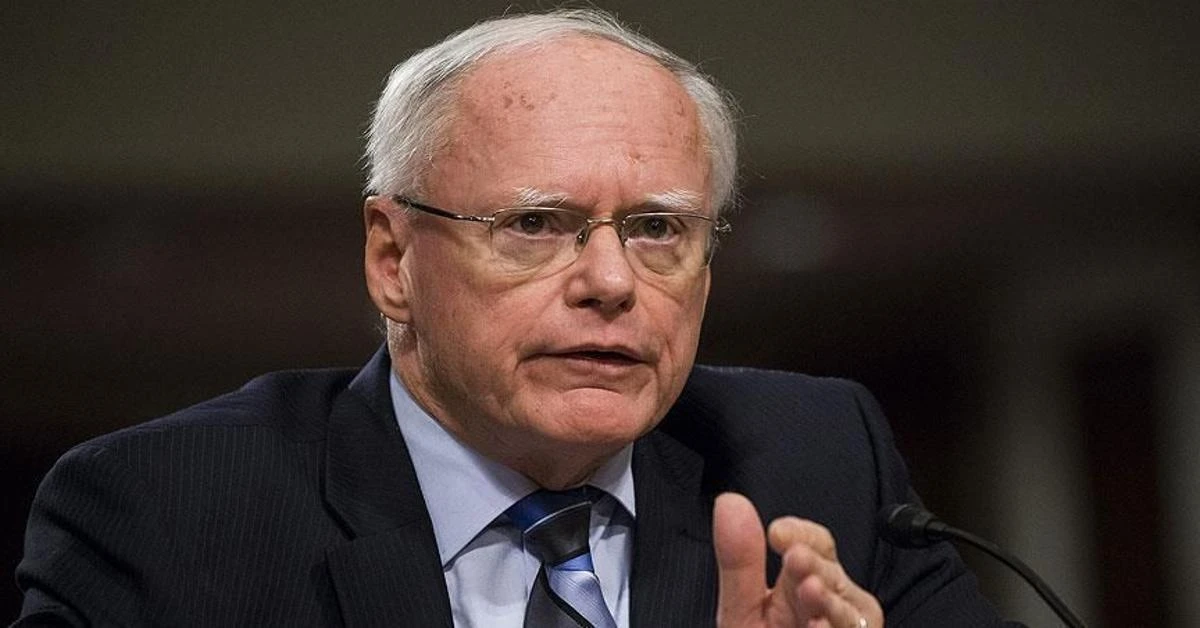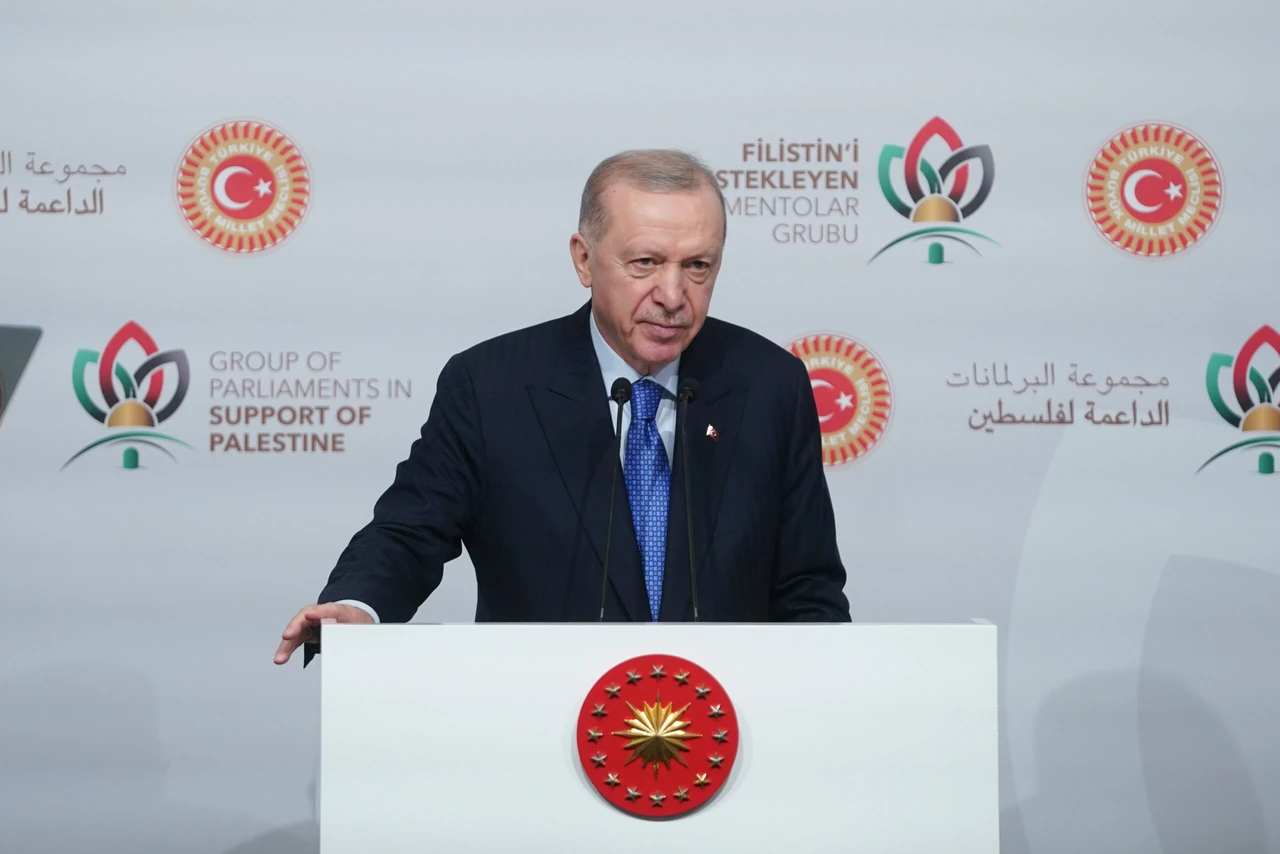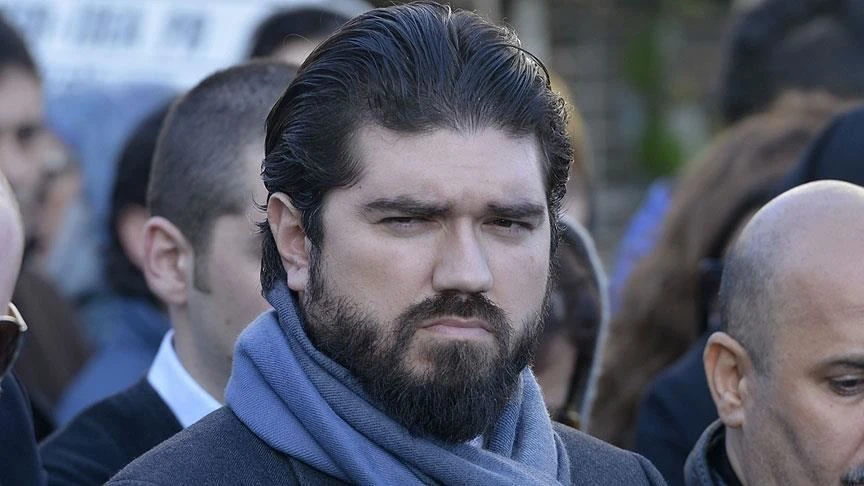Former envoy charts course for stronger US-Türkiye ties

‘Let’s collaborate not just from administration to administration, but from Congress to Parliament, from people to people,’ former U.S. Ambassador James Jeffrey says
During Foreign Minister Hakan Fidan’s trip to Washington, former U.S. Ambassador to Ankara James Jeffrey, in an interview with TRT News, expressed a need for strong cooperation between both countries.
Fidan and National Intelligence Organization (MIT) Chief Ibrahim Kalin were in Washington for the seventh round of strategic mechanism talks between the two countries. These high-level discussions encompassed many areas, including trade, information sharing, and diplomatic and military matters.
Highlighting cooperation
Jeffrey emphasized the significant progress in relations, citing collaboration from Ukraine to Gaza, the Black Sea, and within NATO. “Both sides have a keen interest in working together on numerous fronts,” he noted.
Regarding the F-16 deal, Jeffrey highlighted the need to find common ground, stating: “Great powers often have differing interests, requiring diplomacy to reconcile them.”
Jeffrey said that in the realm of Turkish-American relations, many challenges stemmed not from the administrations of Trump, Obama, Bush, Clinton, or Biden but rather from Congress.
“The U.S. Congress, being an independent actor, has held a largely negative stance toward Türkiye for many years, for reasons that I found unjustified. During my visits to Washington or Türkiye over the years, I witnessed significant efforts by the Turkish government, facilitated through their embassy, to improve relations with Congress.
Those days are behind us. Let’s collaborate not just from administration to administration, but from Congress to Parliament, from people to people,” he said.
Resolution on S-400s
On the contentious S-400 issue, Jeffrey proposed finding a solution: “Resolving the S-400 issue would pave the way for Türkiye’s return to the F-35 program, beneficial for both countries.”
Speaking on Türkiye’s military advancements, Jeffrey praised the unveiling of the Kaan TF-X fighter jet and the transformative role of Bayraktar drones in conflicts.
Solving regional challenges
The discussion also delved into Syria policy, where Türkiye seeks an end to the U.S. partnership with the YPG, an offshoot of the PKK. Jeffrey acknowledged the region’s complexity and the importance of working with Türkiye to address mutual security concerns.
The Middle East holds nearly 50% of the world’s oil and about 40% of its natural gas. It exports roughly 40% of the world’s oil trade and around 18% of natural gas.
One-third of container traffic passes through the Suez Canal, and 25% of international oil travels through the Strait of Hormuz.
Among countries located in the Middle East, Israel has developed nuclear weapons. Iraq attempted to create them in the 1980s. Another stand at the brink: Iran.
“Countries like Syria, Iraq, and Libya have also dabbled with chemical weapon programs. Consider the terrorist groups emanating from this region. It is a region we cannot afford to turn our backs on, and as you said, whenever we attempt to do so, we find ourselves drawn back into its complexities,” he said.
Trade volume increasing
Jeffrey highlighted Türkiye’s importance as an ally in global power competition, saying: “In this era of great power rivalry, Türkiye’s role is crucial for U.S. interests.”
On the economic front, Jeffrey noted the rapid growth in U.S.-Türkiye trade, surpassing $30 billion last year, with a target set at $100 billion.
Jeffrey underscored Türkiye’s growing role as an energy hub, citing its strategic location and investments in natural gas pipelines. “Türkiye’s significance in the Middle Corridor cannot be overstated,” he remarked.
The discussions reflect a deepening partnership between Türkiye and the U.S., addressing regional challenges, advancing military cooperation, and bolstering economic ties. Both nations look forward to continued collaboration in navigating complex geopolitical landscapes.
Source: Newsroom



